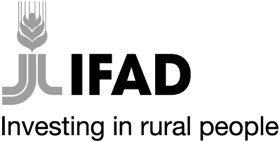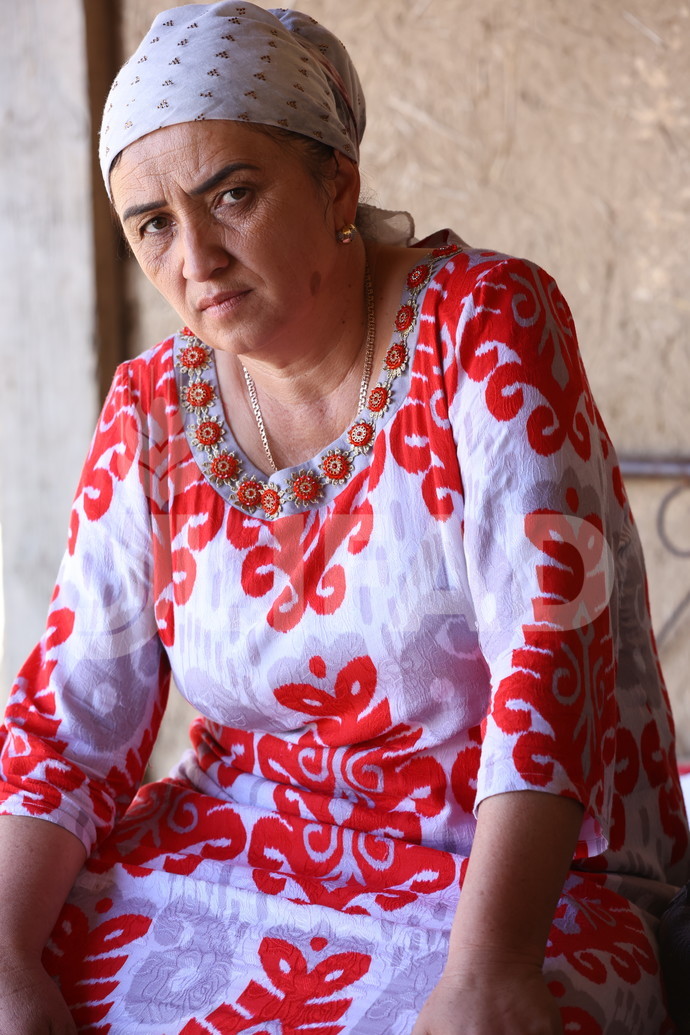| ID: | 85929 |
|---|---|
| Country: | Tajikistan |
| Title: | Tajikistan - Community-based Agricultural Support Project (CASP) - October 2023 |
| Description: |
Shoira Roziqqova is 46 years-old and is the head of one of two women’s income generating groups (WIGG) for sheep breeding created by the CASP project in Ghazantarak Village located in Devashtich District in northern Tajikistan’s Sugd Region. The two groups of 15 members each, composed of women-headed households and poorer women, received a total of 90 sheep (80 female, 10 male). Each woman receiving three animals, as well as 900 kg of feed. From May to October, they form a collective herd and employee a shepherd who grazes the sheep at pasture. Shoira’s household includes herself, her husband, her son and daughter-in-law. She also has a daughter and one grandchild. Now that she has sheep, she cares for her livestock and is also a tailor with two apprentices learning from her. Until recently, she migrated to the Russian Federation in search of seasonal work. The biggest challenge Shoira and her whole community had before CASP was the lack of clean drinking water. “Before the project came, life was very hard. We did not have easy access to clean drinking water. I used to go at two o'clock in the morning to collect water, queuing for hours to take my turn at the community tap. Maybe I could get water then, or maybe not.” CASP drilled two water wells and laid 18 km of pipe to bring clean drinking water to every household in the village. Now, Shoira has easy access to water for her household needs, and can also use the water for her sheep and to irrigate her household garden. “The project changed our lives. Each woman in my group got three head of sheep. And now we have a water tap in front of our house.” Shoira also received training on livestock raising and marketing. Starting with three sheep, she already has five. She and the other women shear the sheep in the spring and use the wool to weave rugs and winter socks. They also use the sheep’s manure to make fuel briquettes for winter and fertilizer for their garden plots. Already thinking to the future when their herd size starts to grow, Shoira has plans to join together with some of the group’s women to save money from selling sheep to buy a cow for milk to diversity their income-generating capacity. The Community-based Agriculture Support Project (CASP) stimulates inclusive economic growth and poverty reduction in rural Tajikistan. Its activities help communities and dehkan (smallholder) family farmers access productive infrastructure and services, leading to sustainable agricultural production, equitable income-generating opportunities, and improved living standards. CASP works with village organizations (VOs) to develop community-driven action plans that define their own improvement initiatives. Village-level participation in decision making is critical to the success of these plans and helps establish a sense of community ownership and cohesion. |
| Size: | 7.49 MB; 3648 x 5472 pixels; 309 x 463 mm (print at 300 DPI); 965 x 1448 mm (screen at 96 DPI); |
| Show more details: | Didor Sadulloev |
| Copyright: | © IFAD/ Didor Sadulloev |
| Categories: | New from Near East, North Africa, Europe and Central Asia |

